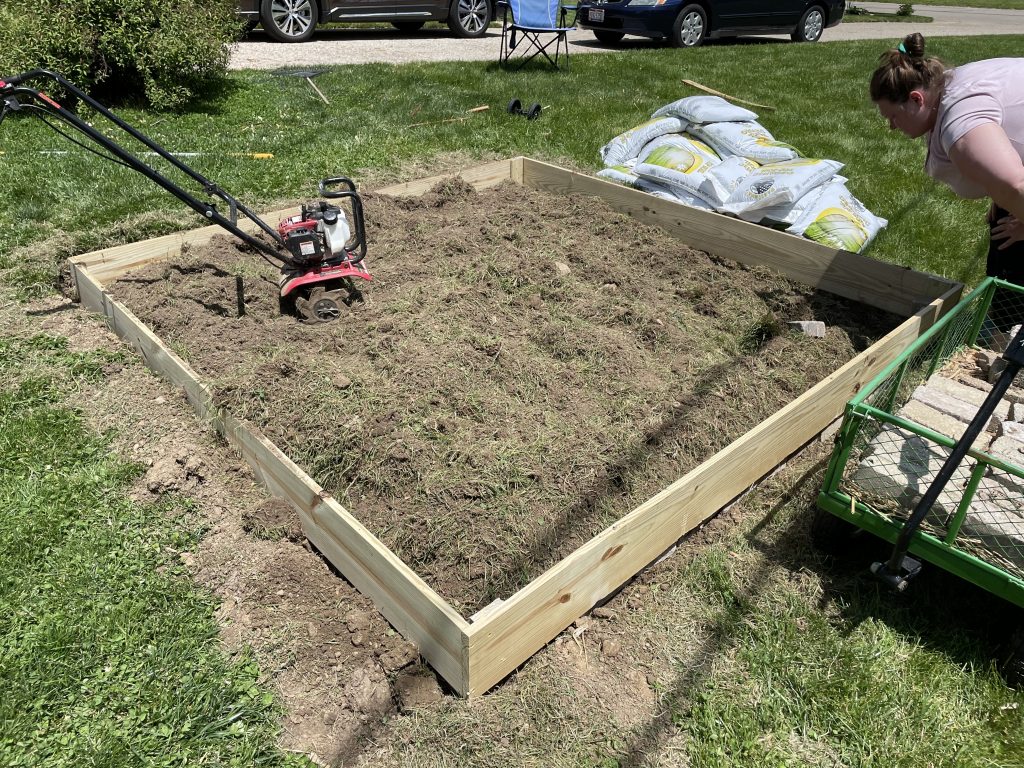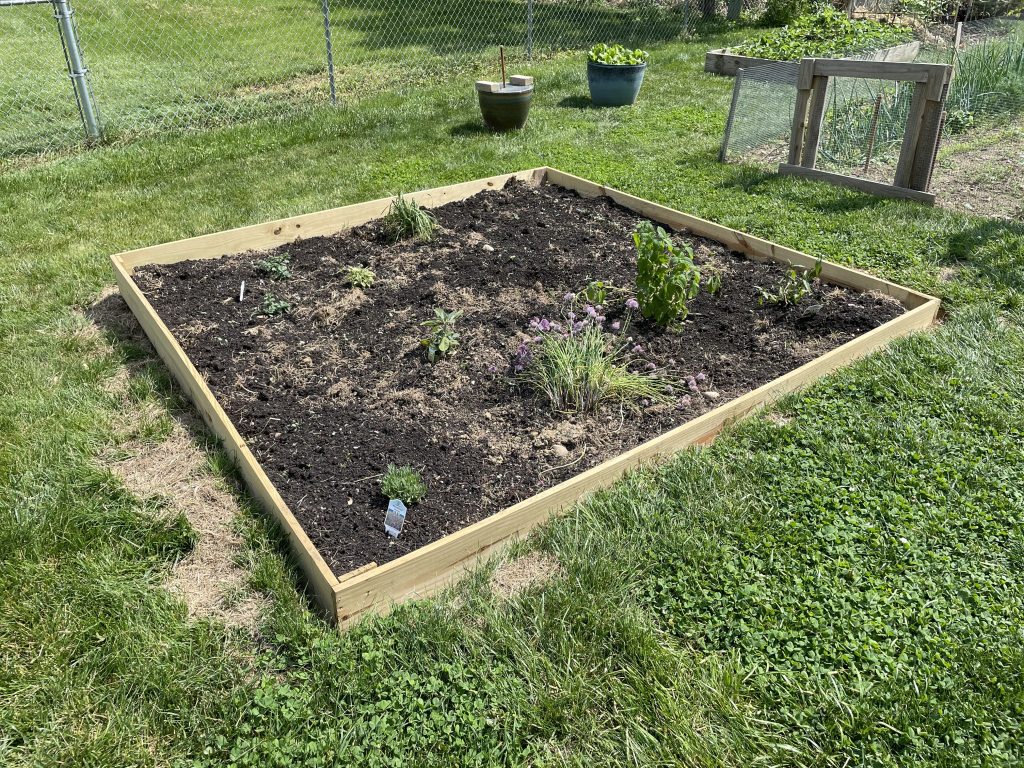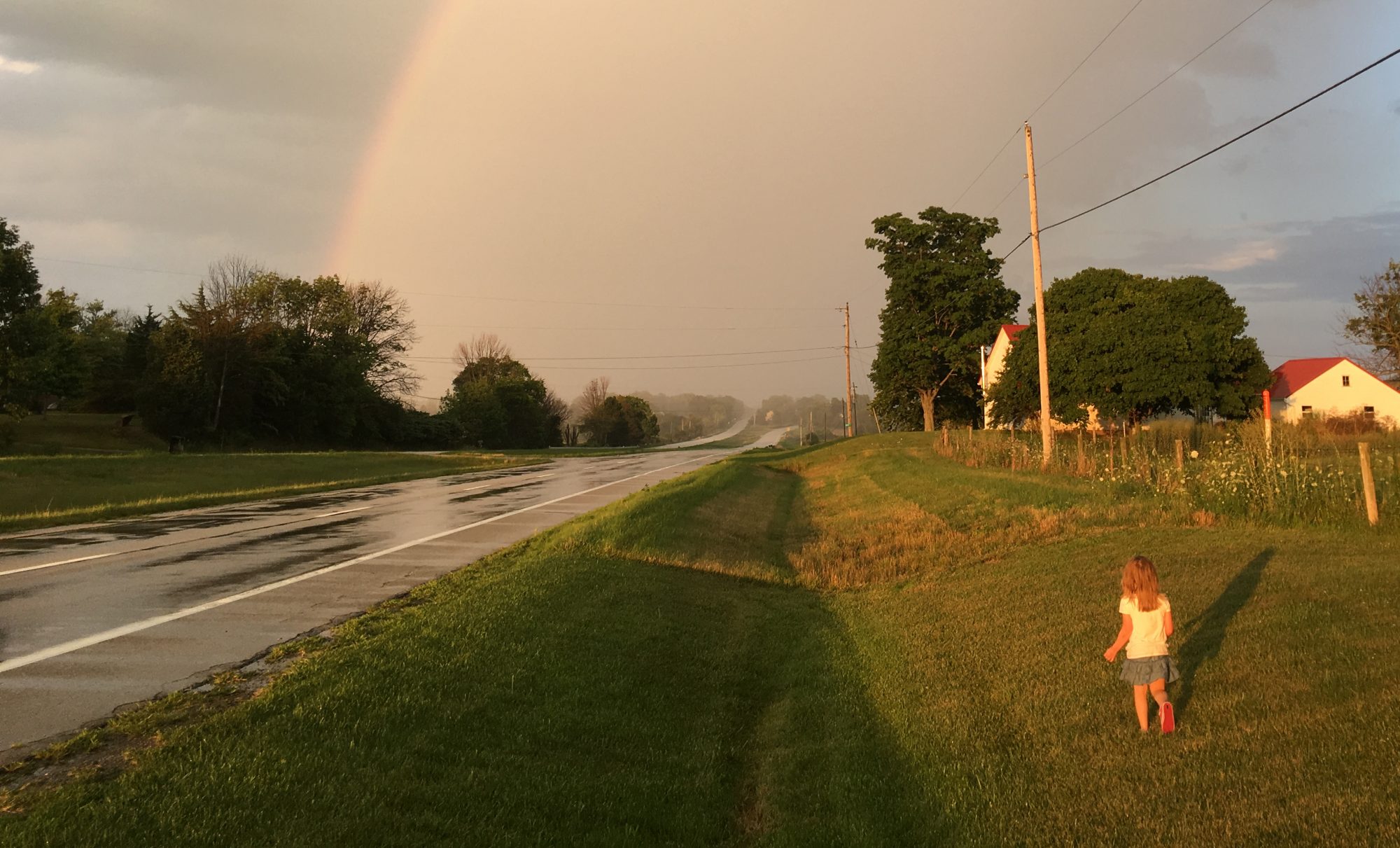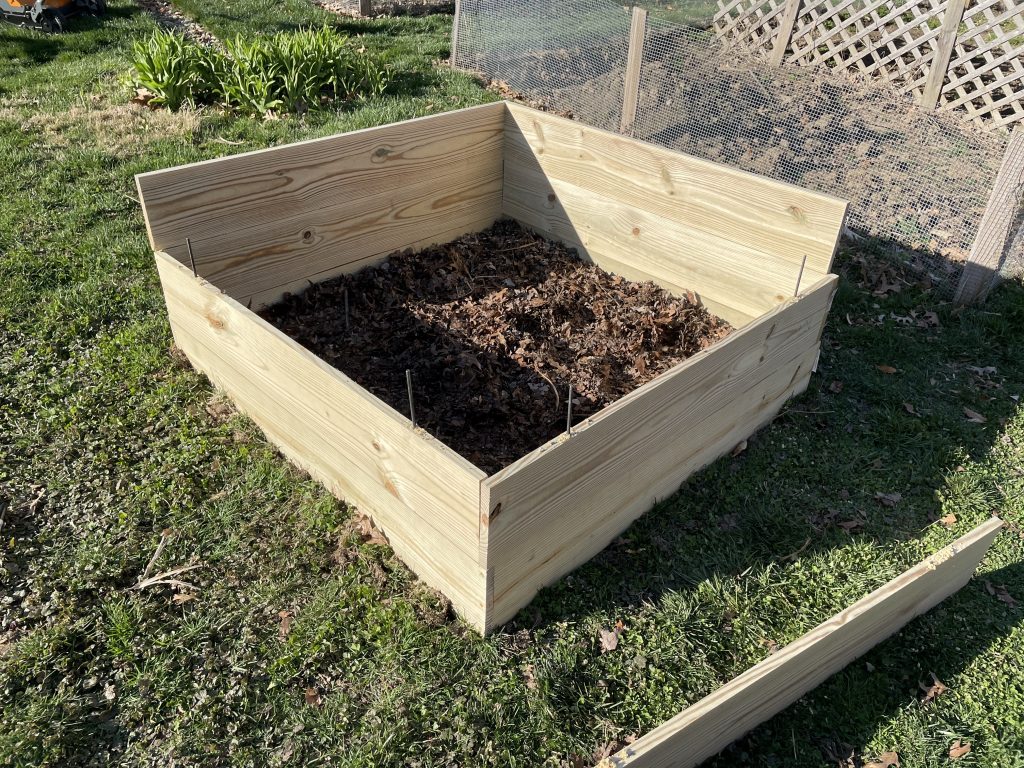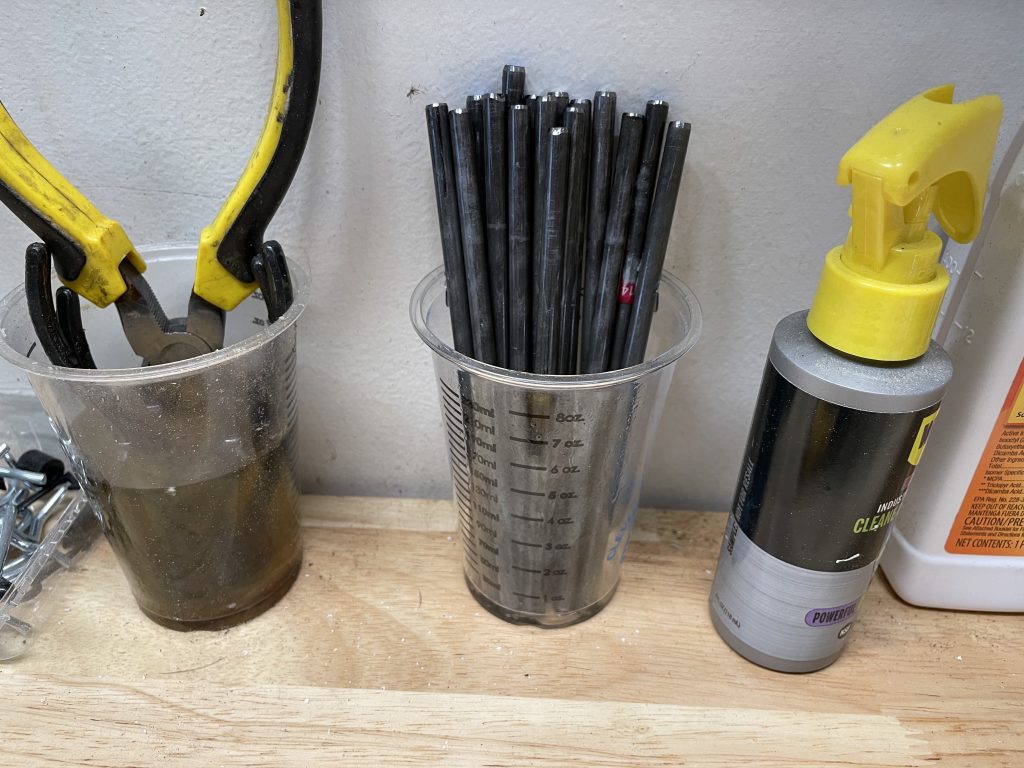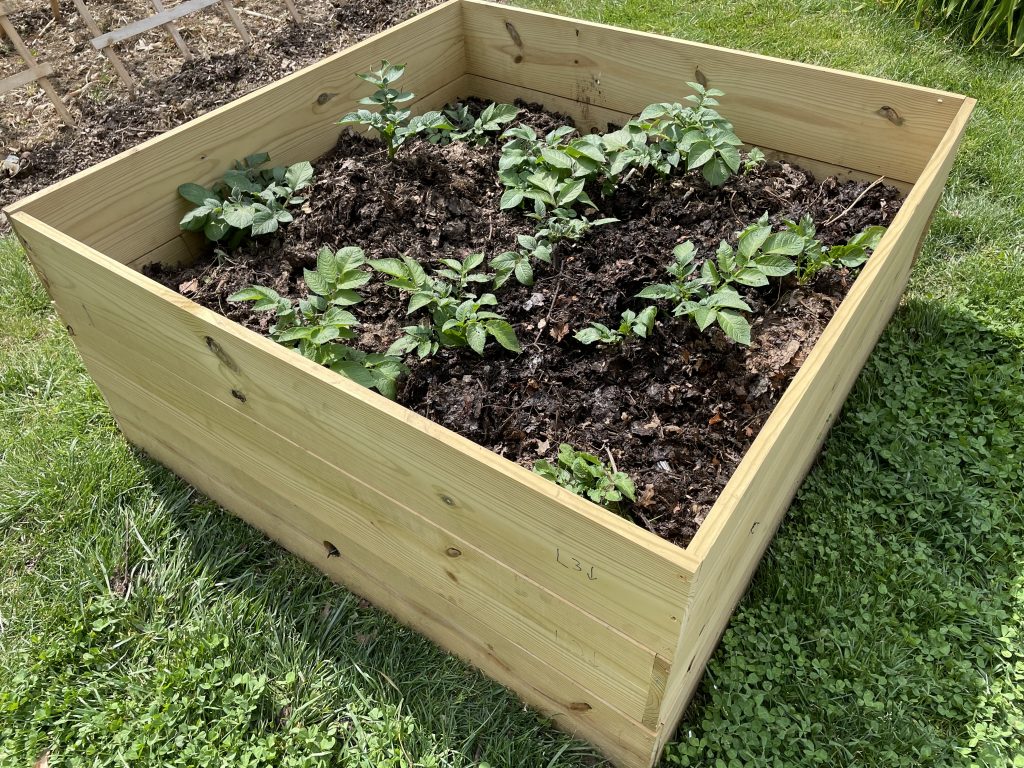During the Lubbock years I had a healthy relationship with girls as a whole, once I got over that awkward period of novel emotions and endless jibing from my parents, and accepted the naturalness of physical attraction. Of course, in those early days, consorting was limited to hand-holding, sneaking hugs, and private conversations; but at the time, such simple actions held profound meaning.
So when we made the move to Toledo, and disrupted my friendship circle, and forced me into a vastly different culture (the Midwest is very different from West Texas), my solitude and slowness to adapt didn’t earn me too much positive attention from the Ohio variety of girl, which spiraled me into a new form of loneliness I had never before experienced. A couple years of general sexual rejection would certainly be a rough spot for anyone in their adulthood, but it was especially tough during adolescence.
But there was one evening I was at a small gathering. I had some friends by that point, and while the group was never terribly wild, it was still a nice respite from the overly-controlled atmosphere at home. And there were girls who would talk to me.
I ended up alone with one particular girl, a pretty and flirtatious redhead, homely yet her eyes hinted at something enticingly troublesome. She was, however, a freshman, and in those high school days that was strangely important to not be seen with an individual of such low social class, however falsely fabricated the concept was. That image of status was sufficient to prevent me from pursuing her, for better or worse, though rather silly in hindsight.
But on this night, we walked together in the fading light and found ourselves alone, behind some trees. We loitered there for a moment, facing each other. She looked at me expectantly.
To this point, gentlemanly conditioning or pure cowardice had limited my physical involvement with young women–at least the ones who didn’t reject me outright. But for the first time since Lubbock, I didn’t feel those reservations. And I was older than I was in Lubbock. Social activities had advanced beyond simple hand-holding.
Girls were also more developed by then. I distinctly remember the pleasant novelty of my hands on her waist, pulling her feminine curves against me.
The rest of the experience requires no elaboration, suffice to say it was still restricted to educated white middle-class upbringing and expected social norms.
After that night, I still saw her at other gatherings, but I don’t remember talking with her much. And eventually, as what happens to so many acquaintances over time, she faded away.
This memory is, unsurprisingly, very vivid to me, as I’m sure most of us have a similar story. But…
One day I was organizing the basement and found my high school yearbooks. I thought I’d look her up and see how well my memory matched the photo. Except…I couldn’t find her. She didn’t exist in any of the 3 yearbooks from my time there at that school. It’s possible she attended the other high school in the city. Circles of friends often overlapped districts. But it is odd that I wouldn’t have remembered that part.
There’s a bit of a mystery here, possibly hinting at my level of sanity in those formative years, but I think I’ll just leave the mystery alone.
–Simon
